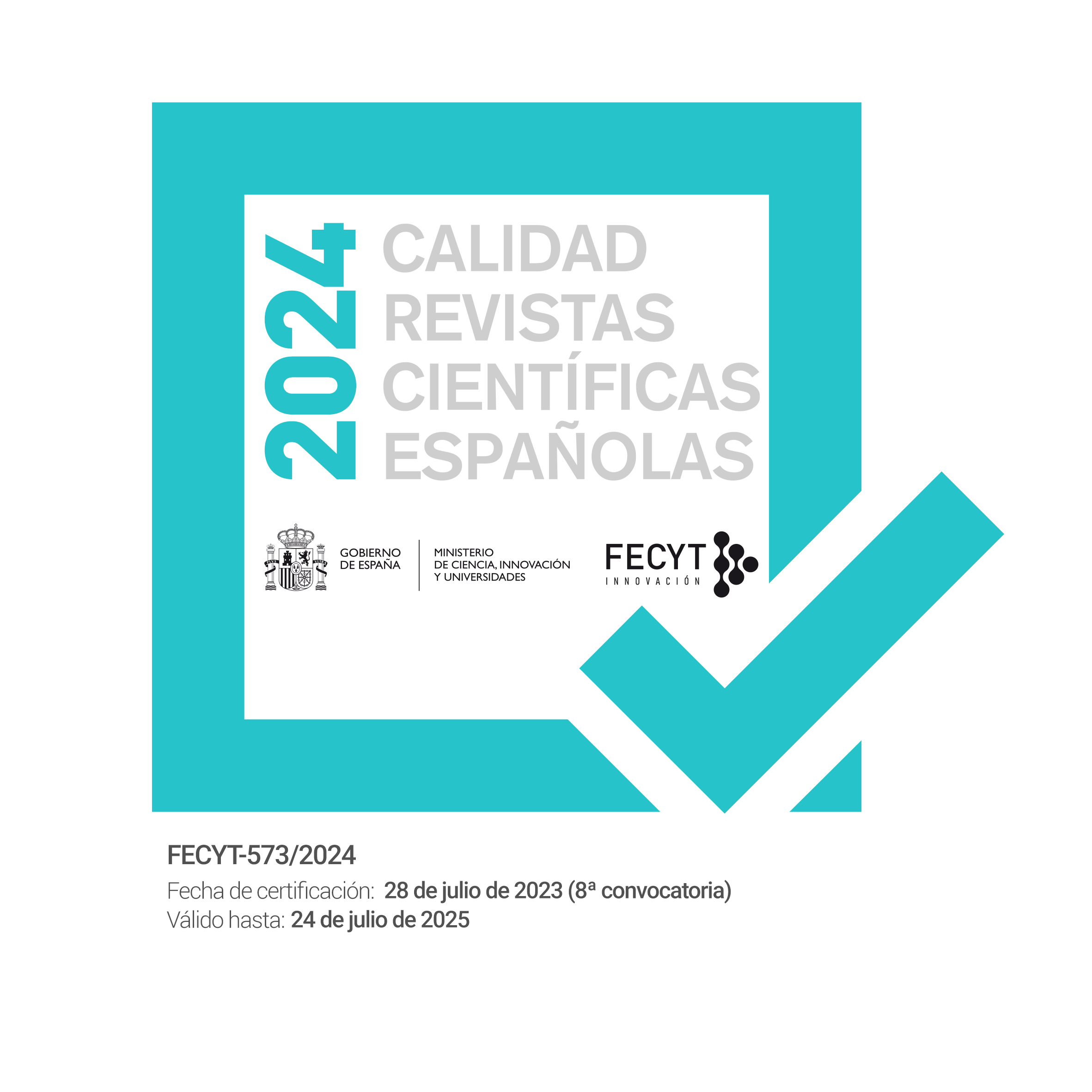Statement of good practice
Astrágalo, Culture of Architecture and the City, participates in the open access edition promoted by the University of Seville through the computer portal of the University of Seville Publishing House, ensuring maximum dissemination and impact and the transmission of quality and rigorous scientific knowledge. It is thus committed to the academic community in guaranteeing the ethics and quality of the articles published, taking as a reference the Code of Conduct and Good Practices for Publishers of Scientific Journals defined by the Committee on Publication Ethics (COPE).
All parties involved in the publishing process are committed to knowing and abiding by the principles of this code.
The Editorial Team is responsible for the decision to publish or not in the journal the works received, attending only to scientific reasons and not to any other questions that could be discriminatory for the author. It will keep updated the guidelines on the responsibilities of the authors and the characteristics of the works sent to the journal, as well as the arbitration system followed for the selection of the articles and the evaluation criteria to be applied by the external evaluators. The author commits himself/herself to publish the necessary corrections, clarifications, retractions and apologies if necessary and not to use the articles received for his/her own research work without the consent of the authors. It will guarantee the confidentiality of the evaluation process: the anonymity of the evaluators and authors, the content being evaluated, the report issued by the evaluators and any other communication issued by the different committees. Likewise, it will maintain the maximum confidentiality in the face of possible clarifications, claims or complaints that an author wishes to send to the journal's committees or to the article's evaluators. The respect and integrity of the works already published will be watched over, which is why we will be especially strict with plagiarism and texts that are identified as plagiarism or with fraudulent content, proceeding to their elimination from the journal or not. The journal will act in these cases as quickly as possible.
Authors will be responsible for the content of their submissions, committing themselves to informing the journal's Management Committee if they detect a relevant error in one of their published articles, so that the appropriate corrections can be made. They will also guarantee that the article and associated materials are original and do not infringe the copyright of third parties (the Turnitin tool is used). In the case of co-authorship, they will have to justify that there is the full consent and consensus of all the authors concerned and that it has not been presented or published previously by any of them in any other media.
The external evaluators/reviewers undertake to carry out an objective, informed, critical, constructive, impartial and respectful review of the article, basing their acceptance or rejection solely on questions linked to the relevance of the work, its originality, interest, and compliance with the rules of style and content in accordance with editorial criteria. They will respect the established deadlines (communicating their non-compliance to the Management Committee with sufficient notice) and will avoid sharing, disseminating or using the information of the evaluated texts without the corresponding permission of the management and the authors.
Any issues detected in relation to possible ethical discrepancies will be reported by the ethics committee that this journal maintains. The journal's management will finally decide whether or not to accept the article in question, using the report as justification for the applicants. The decision will be unappealable.
Inclusive language
CSIC Press is committed to precise, unbiased and intersectional research, that is, sensitive to the complexity and breadth of cultural, biological, economic and social contexts. For this reason, it is essential that CSIC Press use an inclusive language free of prejudices associated with race, functional diversity, gender, sexual orientation, beliefs, ideology or socioeconomic status.
Thus, it is inappropriate to offer information about people that is irrelevant to the study. Similarly, it is inappropriate to ignore the differences and specific characteristics of the subjects when they exist.
The use of labels to designate a group of people, as if it were a group alien to society, is also inappropriate insofar as this contributes to perpetuating stereotypes. Therefore, all those expressions that suppose the stigmatization or discrimination of groups of people will be avoided.
The negative meaning in condescending expressions and terminology is, in the specific case of people with functional diversity, a trend that should be avoided. Regarding race, comparisons between groups, essentialisms or references to «minorities» are discouraged and inappropriate.
Astrágalo recommends that authors of published works that have been carried out with research data including the sex variable report on whether the conclusions have taken into account possible gender differences.
have taken into account possible differences between the sexes.
Non-sexist language
Astrágalo recommends the use of non-sexist language in all texts submitted for publication.
Astrágalo is aware that not all texts are equally viable to adapt certain linguistic formulas to the demands of an egalitarian language, so we trust in the care of the content in favor of equality beyond merely morphological aspects.
Astrágalo is therefore committed to inclusive linguistic formulas, which can be used as long as they do not modify the meaning of the expression. One of the keys to detecting whether a word or expression could imply sexism is to submit it to the so-called inversion rule, which consists of replacing it with the opposite gender. If it turns out to be inadequate, then it would be advisable to replace it with a more inclusive one.
For papers written in English, the guide published by the American Phylosophical Association can be used as an orientation.













